August 29 stands as one of history’s most eventful days, witnessing the rise and fall of empires, groundbreaking discoveries, and moments that shaped our modern world across centuries of human achievement.

Politics and Government Events on August 29
1910 – Japan-Korea Annexation Treaty Takes Effect

The Japan-Korea Treaty of 1910 officially commenced Japanese colonial rule over Korea. This pivotal agreement fundamentally altered the political landscape of East Asia for decades.
The treaty’s implementation marked the beginning of a turbulent period that would profoundly impact Korean culture and society. Japanese administrators quickly established new governmental structures throughout the Korean peninsula.
1916 – Philippine Autonomy Act Passes
The United States Congress enacted the Philippine Autonomy Act, granting increased self-governance to the Philippine Islands. This legislation represented a significant step toward eventual Filipino independence.
The Act established new democratic institutions while maintaining American oversight of foreign affairs. Filipino leaders welcomed these expanded political freedoms as progress toward full sovereignty.
1975 – Peruvian Military Coup in Tacna
Francisco Morales Bermúdez executed El Tacnazo, a military coup that forced President Juan Velasco Alvarado to resign. The Prime Minister orchestrated this dramatic power transfer from the strategic city of Tacna.
Bermúdez immediately assumed the presidency, fundamentally altering Peru’s political trajectory. The coup reflected growing tensions within Peru’s military leadership over economic policies and governance.
1991 – Soviet Communist Party Suspended
The Supreme Soviet of the Soviet Union suspended all activities of the Soviet Communist Party. This unprecedented action accelerated the collapse of the Soviet political system.
The suspension effectively ended seven decades of Communist Party dominance in Soviet governance. Political leaders recognized that this decision would irreversibly transform the nation’s future.
Military and Naval History on August 29
1903 – Battleship Slava Launched
The Russian Imperial Navy launched the Slava, completing the formidable Borodino-class battleship series. This massive warship represented the pinnacle of early twentieth-century naval engineering.
The Slava’s launch strengthened Russia’s Baltic Fleet during a period of rising international tensions. Naval commanders anticipated that this powerful vessel would serve crucial strategic roles in future conflicts.
1914 – Battle of St. Quentin Begins
World War I witnessed the French Fifth Army launching a determined counter-attack against German forces at Saint-Quentin, Aisne. This engagement marked a crucial moment in the early stages of the Great War.
French commanders hoped to halt the German advance through coordinated offensive operations. The battle demonstrated the evolving nature of warfare as traditional tactics met modern military technology.
1918 – New Zealand Forces Capture Bapaume
The New Zealand Division successfully captured Bapaume during the Hundred Days Offensive. This victory represented a significant achievement in the final Allied push toward German defeat.
New Zealand troops overcame fierce German resistance to secure this strategically important town. The capture demonstrated the effectiveness of coordinated Allied military operations in the war’s closing months.
1943 – Danish Navy Scuttled
German-occupied Denmark courageously scuttled most of its naval fleet to prevent Nazi utilization. This bold action prompted Germany to dissolve the Danish government entirely.
Danish sailors demonstrated remarkable resistance by destroying their own vessels rather than surrendering them. The scuttling represented one of the most significant acts of defiance during the occupation.
Science and Discovery Milestones on August 29
1949 – Soviet Union Tests First Atomic Bomb
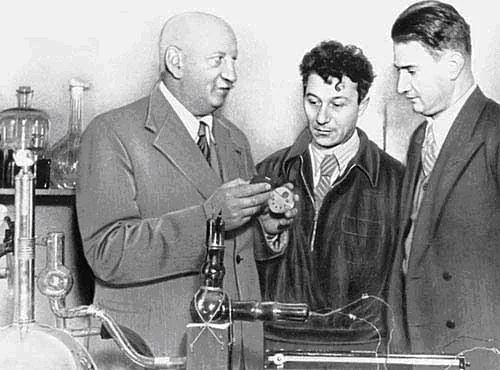
The Soviet Union successfully detonated its first atomic bomb, nicknamed “First Lightning” or “Joe 1,” at Semipalatinsk, Kazakhstan. This historic test fundamentally altered the global balance of power.
Soviet scientists had worked tirelessly to develop nuclear capabilities following America’s atomic demonstrations. The successful test marked the beginning of the nuclear arms race between superpowers.
1965 – Gemini V Returns to Earth

The Gemini V spacecraft completed its mission by splashing down safely in the Atlantic Ocean. This successful mission advanced American space exploration capabilities significantly.
Astronauts Gordon Cooper and Pete Conrad demonstrated that humans could survive extended periods in space. Their achievements provided crucial data for future lunar exploration missions.
1982 – Meitnerium First Synthesized
German scientists at the Gesellschaft für Schwerionenforschung successfully synthesized Meitnerium, element 109. This breakthrough expanded the periodic table of elements.
The synthetic element’s creation required sophisticated particle acceleration technology and precise experimental conditions. Scientists honored physicist Lise Meitner by naming this new element after her.
Cultural and Arts Events on August 29
1952 – John Cage’s 4’33” Premieres
American experimental composer John Cage’s revolutionary composition 4’33” premiered at Maverick Concert Hall. Pianist David Tudor performed this groundbreaking work that challenged traditional musical concepts.
The composition consisted entirely of ambient sounds during four minutes and thirty-three seconds of “silence.” Cage’s innovative approach fundamentally questioned the very definition of music and performance.
1966 – Beatles’ Final Concert

The Beatles performed their last concert before paying fans at Candlestick Park in San Francisco. This historic performance marked the end of an era in popular music.
Thousands of screaming fans witnessed the Fab Four’s final live appearance together. The band’s decision to stop touring allowed them to focus on studio experimentation and artistic growth.
1997 – Netflix Launches
Netflix began operations as an internet-based DVD rental service, revolutionizing home entertainment consumption. The company’s innovative business model challenged traditional video rental stores.
Founders Reed Hastings and Marc Randolph recognized the potential of online commerce for entertainment distribution. Their vision would eventually transform how people consume television and film content worldwide.
Religious and Social Events on August 29
1911 – Ishi Emerges from Wilderness
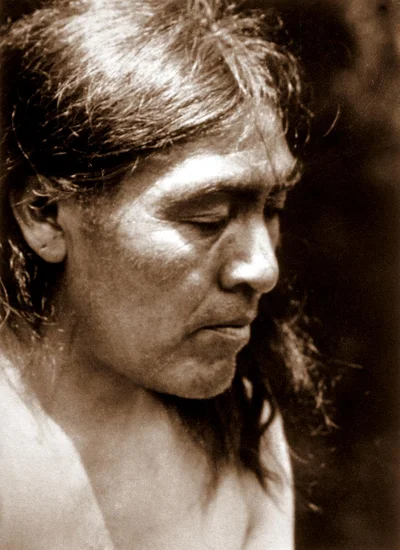
Ishi, considered the last Native American to make contact with European Americans, emerged from northeastern California’s wilderness. His appearance marked a poignant moment in American history.
Anthropologists at the University of California studied Ishi’s unique cultural knowledge and traditional skills. His story highlighted the tragic impact of westward expansion on indigenous peoples.
1970 – Chicano Moratorium Tragedy
The Chicano Moratorium against the Vietnam War in East Los Angeles ended in violence when police actions killed three people. Journalist Rubén Salazar was among the victims.
The peaceful protest had aimed to highlight the disproportionate impact of the war on Mexican-American communities. The tragic outcome galvanized the Chicano civil rights movement.
2003 – Iraqi Shia Leader Assassinated
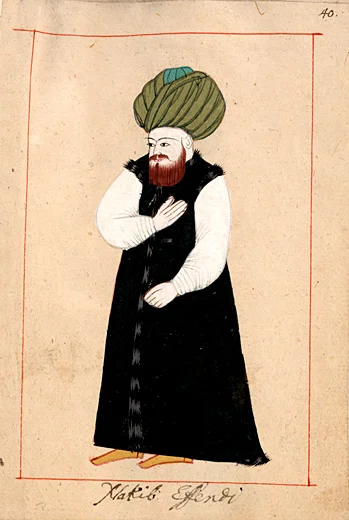
Sayed Ayatollah Mohammed Baqir al-Hakim died in a terrorist bombing in Najaf, along with nearly 100 worshippers. The attack targeted one of Iraq’s most prominent Shia Muslim leaders.
The assassination occurred as worshippers left a mosque, shocking the international community. This tragic event highlighted the dangerous sectarian tensions emerging in post-invasion Iraq.
Business and Economic Events on August 29
1930 – St Kilda Evacuation
The last 36 inhabitants of St Kilda voluntarily evacuated their remote Scottish island home. This evacuation marked the end of centuries of isolated island life.
Economic hardship and declining population made the community unsustainable despite government assistance efforts. The evacuation represented the challenges facing remote communities in the modern world.
1991 – Libero Grassi Murdered
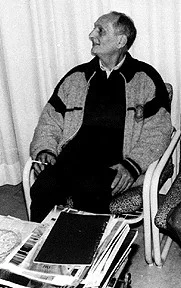
Italian businessman Libero Grassi was killed by the Sicilian Mafia after courageously refusing their extortion demands. His principled stand against organized crime inspired others to resist.
Grassi had publicly denounced the Mafia’s protection racket through newspaper advertisements and media appearances. His murder demonstrated the deadly consequences of challenging organized crime’s economic control.
Transportation and Infrastructure on August 29
1907 – Quebec Bridge Collapse

The Quebec Bridge collapsed catastrophically during construction, killing 75 workers in one of engineering history’s worst disasters. The tragedy shocked the international engineering community.
Investigators determined that design flaws and inadequate safety measures contributed to the structural failure. The disaster led to significant improvements in bridge engineering and construction safety protocols.
1958 – Air Force Academy Opens
The United States Air Force Academy officially opened its doors in Colorado Springs, Colorado. This prestigious institution began training the next generation of Air Force officers.
The Academy’s establishment reflected the growing importance of air power in modern military strategy. Its rigorous academic and military training programs would produce distinguished military leaders.
2005 – Hurricane Katrina Devastates Gulf Coast
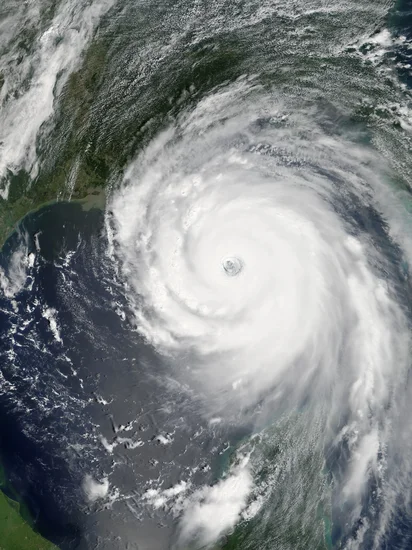
Hurricane Katrina struck the U.S. Gulf Coast with devastating force, killing up to 1,836 people and causing $125 billion in damage. The catastrophic storm exposed critical infrastructure vulnerabilities.
The hurricane’s impact on New Orleans revealed the inadequacy of the city’s flood protection systems. Emergency response failures highlighted the need for improved disaster preparedness and coordination.
Sports and Recreation on August 29
2012 – Paralympic Games Open in London
The XIV Paralympic Games officially opened in London, England, celebrating athletic excellence among athletes with disabilities. This spectacular event showcased human determination and achievement.
The London Paralympics featured cutting-edge venues and unprecedented media coverage of adaptive sports. Athletes from around the world competed in events that demonstrated the limitless potential of human spirit.
2020 – Women’s FA Community Shield
The Women’s FA Community Shield took place, highlighting the growing prominence of women’s football. This annual match celebrated excellence in women’s professional soccer.
The match demonstrated the increasing popularity and professionalism of women’s sports worldwide. Female athletes continued breaking barriers and inspiring future generations of competitors.
2022 – Ukraine Launches Southern Counteroffensive
Ukraine began its southern counteroffensive in Kherson Oblast during the ongoing Russo-Ukrainian War. This strategic military operation aimed to reclaim occupied territory.
The counteroffensive eventually culminated in the liberation of Kherson city, marking a significant victory. Ukrainian forces demonstrated remarkable resilience and tactical effectiveness against Russian occupation.
Notable Births on August 29
1915 – Ingrid Bergman, Swedish Actress

Ingrid Bergman was born in Stockholm, Sweden, destined to become one of cinema’s most celebrated actresses. Her natural beauty and exceptional talent would captivate audiences worldwide.
Bergman’s performances in films like “Casablanca” and “Notorious” established her as a Hollywood icon. Her career spanned decades and continents, earning her three Academy Awards and international acclaim.
1920 – Charlie Parker, American Jazz Saxophonist

Charlie Parker entered the world in Kansas City, Kansas, bringing revolutionary musical genius to jazz. His innovative bebop style would fundamentally transform American music.
Parker’s virtuosic saxophone playing and complex harmonic concepts influenced countless musicians. His artistic contributions helped establish jazz as a sophisticated and respected art form.
1936 – John McCain, American Politician

John McCain was born in Canalzona, Panama, beginning a life dedicated to public service. His military background and political career would span decades of American history.
McCain’s experience as a prisoner of war in Vietnam shaped his perspectives on foreign policy and military affairs. His Senate career established him as a respected voice on national security issues.
1941 – Robin Leach, English Television Host
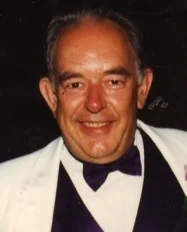
Robin Leach was born in London, England, destined to become a beloved television personality. His distinctive voice and flamboyant style would make him a household name.
Leach’s show “Lifestyles of the Rich and Famous” captivated audiences with glimpses into luxury living. His catchphrase “champagne wishes and caviar dreams” became part of popular culture.
1958 – Michael Jackson, American Entertainer

Michael Jackson was born in Gary, Indiana, beginning an extraordinary journey to global superstardom. His musical talents emerged at an early age through the Jackson 5.
Jackson’s solo career produced groundbreaking albums like “Thriller” that redefined popular music. His innovative dance moves and music videos revolutionized entertainment and established him as the “King of Pop.”
1967 – Neil Gorsuch, American Supreme Court Justice

Neil Gorsuch was born in Denver, Colorado, beginning a distinguished legal career. His conservative judicial philosophy would eventually lead to Supreme Court appointment.
Gorsuch’s legal scholarship and appellate court experience prepared him for the nation’s highest court. His appointment by President Trump continued his family’s tradition of public service.
Notable Deaths on August 29
1966 – Sayyid Qutb, Egyptian Islamic Theorist
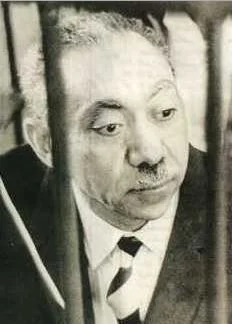
Sayyid Qutb was executed in Egypt for plotting against President Gamal Abdel Nasser. His radical Islamic writings had influenced political movements throughout the Middle East.
Qutb’s execution made him a martyr figure among Islamic fundamentalists worldwide. His theological works continued inspiring radical movements long after his death.
1982 – Ingrid Bergman, Swedish Actress

Ingrid Bergman died in London on her 67th birthday, ending one of cinema’s most distinguished careers. Her battle with cancer had been courageously fought in private.
Bergman’s death marked the end of Hollywood’s golden age of leading ladies. Her artistic legacy continues inspiring actors and filmmakers around the world.
1987 – Lee Marvin, American Actor
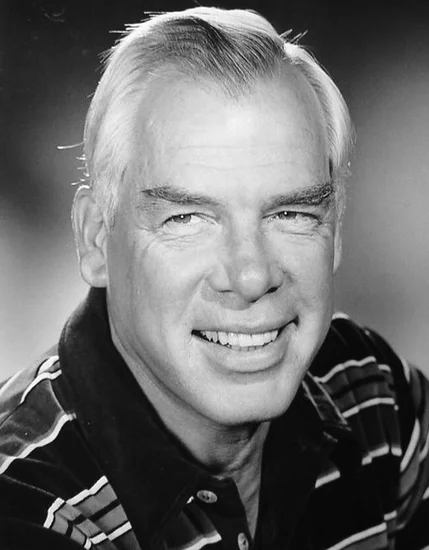
Lee Marvin died in Tucson, Arizona, concluding a career defined by tough-guy roles and military characters. His distinctive voice and commanding presence made him instantly recognizable.
Marvin’s performances in films like “The Dirty Dozen” and “Cat Ballou” showcased his range as an actor. His Academy Award for “Cat Ballou” recognized his unexpected comedic talents.
2016 – Gene Wilder, American Actor
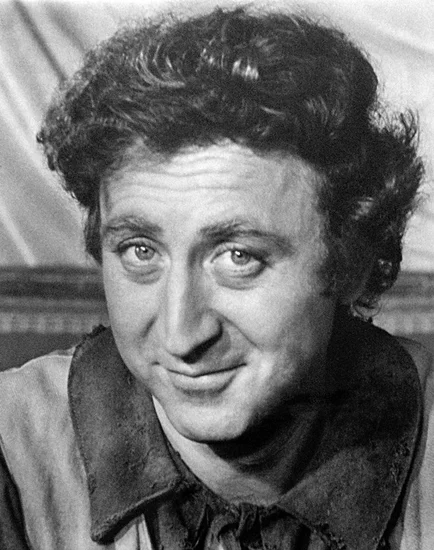
Gene Wilder died from complications of Alzheimer’s disease, ending a career filled with comedic brilliance. His collaborations with Mel Brooks created some of cinema’s funniest moments.
Wilder’s portrayal of Willy Wonka became iconic, delighting generations of children and adults. His neurotic comedic style influenced countless performers and writers.
Holidays and Observances on August 29
International Day against Nuclear Tests

The United Nations established this observance to promote nuclear disarmament and peaceful resolution of conflicts. The day commemorates the closure of the Semipalatinsk Nuclear Test Site.
Global organizations use this day to raise awareness about nuclear testing’s environmental and humanitarian consequences. Educational programs highlight the importance of nuclear non-proliferation efforts.
National Sports Day in India
India celebrates National Sports Day honoring the birthday of hockey legend Dhyan Chand. This observance promotes physical fitness and athletic achievement throughout the country.
The day features sports competitions and ceremonies recognizing outstanding athletes and coaches. Government officials present national sports awards to deserving recipients.
Slovak National Uprising Anniversary
Slovakia commemorates the 1944 Slovak National Uprising against Nazi occupation. This national holiday honors the courage of Slovak resistance fighters during World War II.
Memorial services and cultural events remind citizens of their nation’s struggle for freedom. The observance reinforces Slovakia’s commitment to democratic values and human rights.
